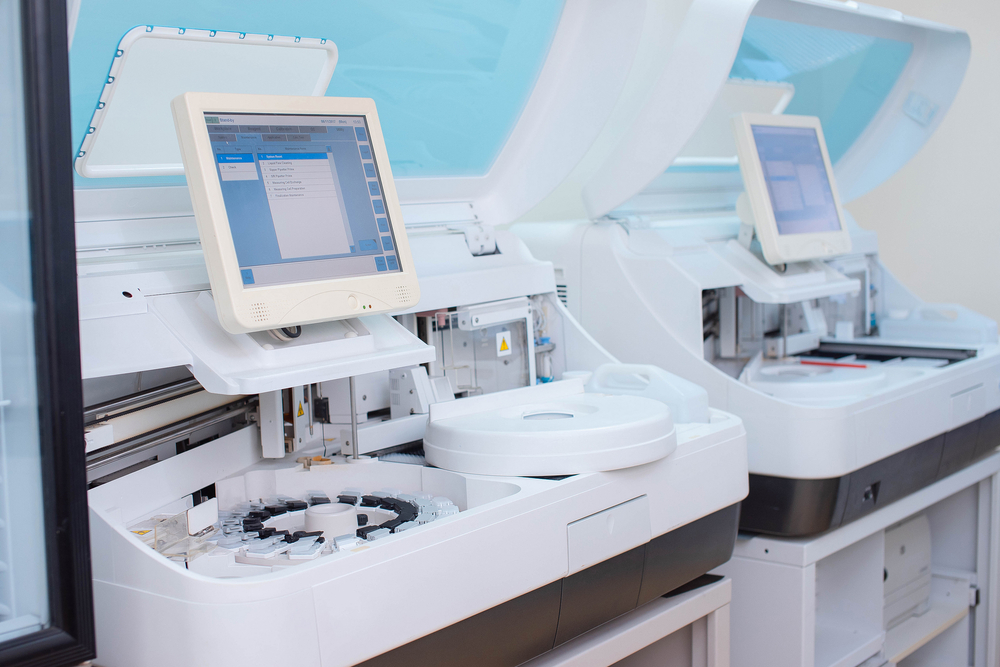
Training and Development: Building a Culture of Quality in Your Lab
Written by: UK NEQAS IIA, published on: 5 Sep 2024

Laboratories are vital to numerous industries, where they serve as the backbone for research, development, and diagnostics. Maintaining high standards of quality and operational excellence within these environments is essential, not only for generating accurate and reliable results, but also for safeguarding patient safety and ensuring the broader success of the organisation. Keep reading to discover how to achieve a quality culture in your laboratory.
Why is Lab Quality Important?
Quality in laboratories involves a multifaceted approach, encompassing the adherence to established standards and protocols, minimisation of errors, and a commitment to continuous process improvement. This holistic focus on quality ensures that laboratories not only meet regulatory requirements, but also consistently deliver reliable and precise results.
Quality in labs is essential because it directly influences patient diagnoses, research outcomes, and product development. High standards in lab practices ensure that diagnostic results are accurate and reliable, leading to better patient care.
Ways to Achieve Quality in Laboratories
Quality Control Measures
Quality control measures in laboratories involves regular maintenance of equipment to ensure it functions properly, adherence to operating procedures to guarantee consistency and accuracy, and thorough documentation of all processes to allow for accountability. By implementing these practices, laboratories can significantly reduce the risk of errors and enhance the reliability of their results.
Laboratory Staff Training
Highly trained and knowledgeable personnel are essential for precise testing and analysis. Ongoing training and professional development programs are regularly implemented to ensure staff remain informed on the latest advancements.
Organisation
It’s crucial for laboratories to demonstrate a clear organisational structure, clearly defining overall responsibilities and reporting lines. Additionally, the lab should have well-established planning and control processes to ensure smooth day-to-day operations.
Building a Culture of Quality in Laboratories
Building a culture of quality in laboratories involves many factors and requires the active participation of both leadership and employees. Leadership plays a vital role in this process by setting clear expectations and making decisive choices to uphold and elevate quality standards.
Leaders should ensure that essential resources are readily available and offer continuous training and development opportunities for lab personnel.
Employee engagement is also important within laboratories. Lab personnel should be encouraged to provide input and suggest improvements. A collaborative environment that values employee contributions will boost morale and therefore enhance the overall performance of the lab.
Continuous Improvement Strategies
Maintaining quality in labs is an ongoing process that demands a commitment to continuous improvement. Labs should foster a culture that encourages feedback and values learning from mistakes. Additionally, promoting innovation by regularly reviewing and refining processes is crucial for sustained excellence.
Reviewing Processes
Labs should conduct regular audits to evaluate the effectiveness of their procedures and identify any gaps. This approach enables data-driven decision-making and facilitates the implementation of changes that will enhance quality.
Collaboration
It's important that laboratories seek feedback from their employees, healthcare providers, and patients to gain an understanding of needs and expectations. This feedback can help labs identify areas for improvement and develop strategies to meet customer expectations.
Innovation
Labs should encourage staff to think creatively and explore new technologies and methodologies that can enhance operations. This can therefore improve efficiency for customers.
How External Quality Assurance Helps to Build Trust of Labs
Many laboratories also participate in External Quality Assurance (EQA) or proficiency testing (PT) to verify the accuracy of their results, improving overall laboratory quality.
EQA is essential for maintaining high standards in laboratories, as it provides an objective evaluation of a lab’s performance. By comparing results against standardised benchmarks and those from other labs, EQA helps identify inconsistencies, areas for improvement, and ensures that testing procedures meet the necessary standards. This continuous monitoring fosters a culture of accountability and accuracy, ultimately leading to more reliable results, greater confidence in data, and enhanced credibility with clients and customers.
By implementing EQA, laboratories can evaluate the reliability of their methods, materials, and equipment, while also developing and monitoring the effectiveness of training programs. EQA not only enhances the overall quality within a lab but also demonstrates a commitment to delivering reliable and trustworthy results.
External Quality Testing at UK NEQAS Immunology, Immunochemistry & Allergy (IIA)
At UK NEQAS IIA, we offer external quality testing to laboratories worldwide, focusing on maintaining and enhancing skills through quality assurance. Our EQA program helps laboratories uphold high standards, building trust and ensuring reliable results.
Alongside this, we also offer a range of educational resources within our Digital Academy, including webinars, commentaries, publications and more. Login, and browse today!

